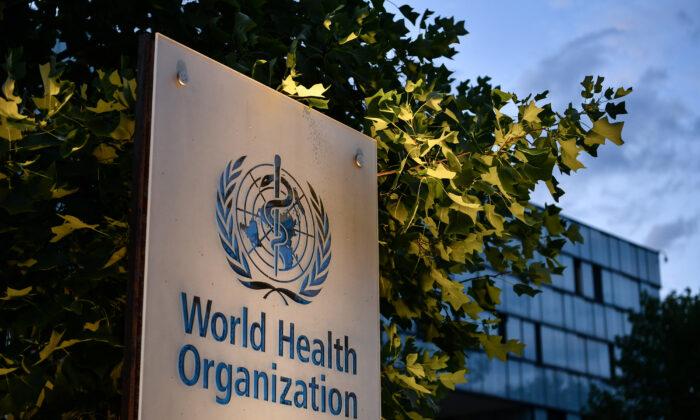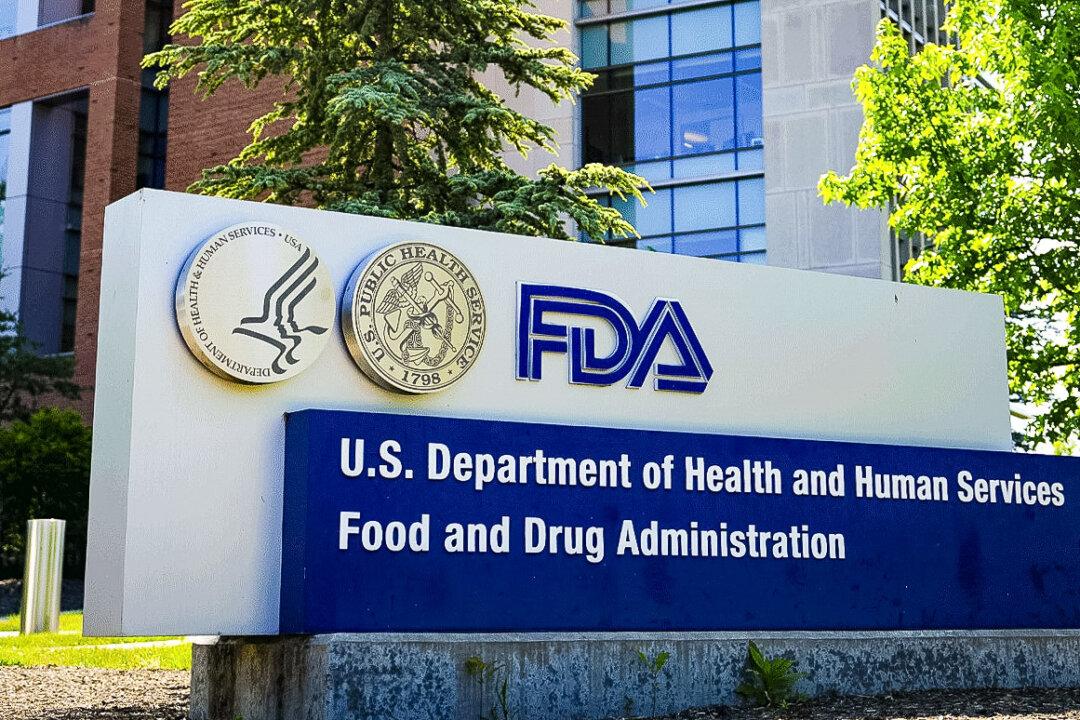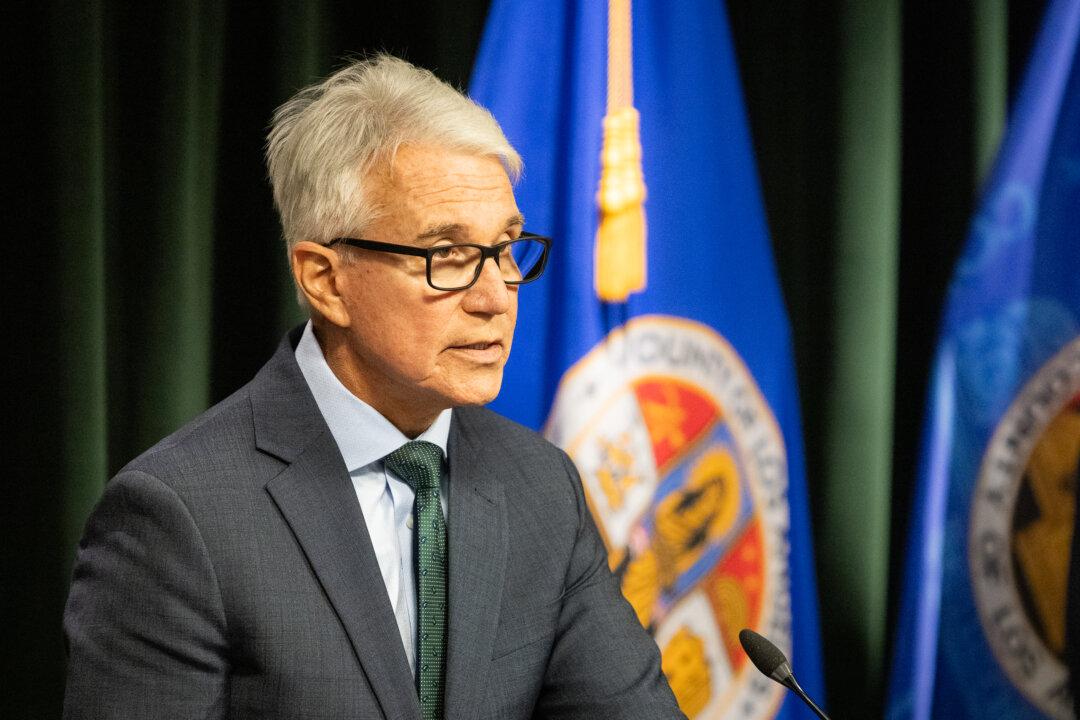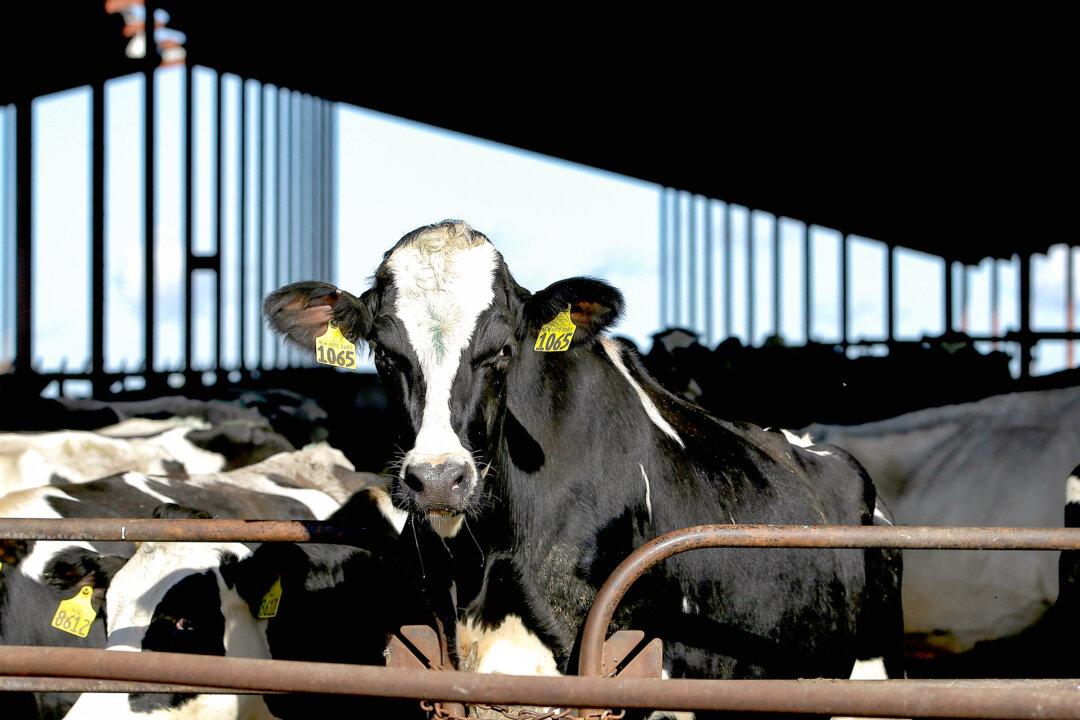Most people don’t need an additional COVID-19 vaccine booster, the World Health Organization (WHO) stated in a March 28 update.
People designated as high priority, including older adults and people with significant comorbidities, such as diabetes and immunocompromising conditions such as having received an organ transplant, are being advised by the U.N. organization to get an additional booster 6 to 12 months after their most recent dose. The group includes adults older than the age of 60.
The updated guidance is a change from the WHO’s recommendation of additional boosters for the medium-priority group, which includes adolescents with comorbidities.
The low-priority group, including healthy children and adolescents, benefit from a vaccine and boosters but “considering the low burden of disease,” the organization is urging countries to take into consideration factors such as cost-effectiveness when vaccinating them.
“The public health impact of vaccinating healthy children and adolescents is comparatively much lower than the established benefits of traditional essential vaccines for children—such as the rotavirus, measles, and pneumococcal conjugate vaccines—and of COVID-19 vaccines for high and medium priority groups,” the WHO stated.
The updated guidance reflects that many people have been vaccinated, survived COVID-19, or both, Dr. Hanna Nohynek, a WHO official, said in a statement.
“Countries should consider their specific context in deciding whether to continue vaccinating low risk groups, like healthy children and adolescents, while not compromising the routine vaccines that are so crucial for the health and well-being of this age group,” she said.
COVID-19 poses less risk to many people since the Omicron coronavirus variant and its subvariants displaced the Delta variant in late 2021. Newer subvariants have increasingly evaded the protection from the vaccines and, to a lesser extent, that from COVID-19 recovery, also known as natural immunity. That has prompted some countries to initiate aggressive booster campaigns to try to recapture the previous protection. Others have narrowed or stopped their campaigns.
Christine Stabell Benn, a vaccine expert in Denmark, told The Epoch Times in an email that for children, “it is quite clear the benefit does not clearly exceed the risks,” because children usually don’t experience severe illness after being infected with COVID-19 and because natural immunity provides strong, long-term protection against severe disease.
Benn, a professor and chair at the Bandim Health Project and Danish Institute for Advanced Study, also noted that there’s limited information about the risks of the COVID-19 vaccines, since they’ve been used for only a few years, and that the list of confirmed and potential side effects has been growing and includes heart inflammation, tinnitus, and menstrual irregularities.
CDC Advises Against 2nd Updated Booster
In the United States, the Food and Drug Administration (FDA) in the fall of 2022 cleared updated boosters despite no clinical data being available. The Centers for Disease Control and Prevention (CDC) then recommended boosters for virtually all people aged 5 and older, and for babies and toddlers who received Moderna’s vaccine, as soon as two months after their most recent shot.Although many Americans have opted to not get any boosters, and each successive booster campaign has drawn less support, some people have pushed to be able to get multiple updated boosters.
Addressing such people, the CDC said this week that it recommends against more than one of the new boosters, which come from Moderna and Pfizer.
Receiving more than one of the updated boosters isn’t currently authorized by U.S. regulators, the agency noted.
It’s still not clear when clinical efficacy data will be available for the updated boosters. They contain the Wuhan strain and a sublineage of the BA.4 and BA.5 Omicron subvariants. The companies and U.S. authorities haven’t responded to requests for comment.
Dr. Ashish Jha, the White House COVID-19 coordinator, said in a recent appearance on WBUR that the FDA is examining data to determine whether high-risk individuals should get a second booster.
“We continue to closely monitor the emerging data in the United States and globally, and we will base any decision on additional updated boosters upon those data,” an FDA spokesperson told media outlets in a statement.
As of March 22, 73.4 percent of the U.S. population aged 5 and older have received a primary series, according to federal data. Just 17.5 percent have received an updated booster.






Friends Read Free